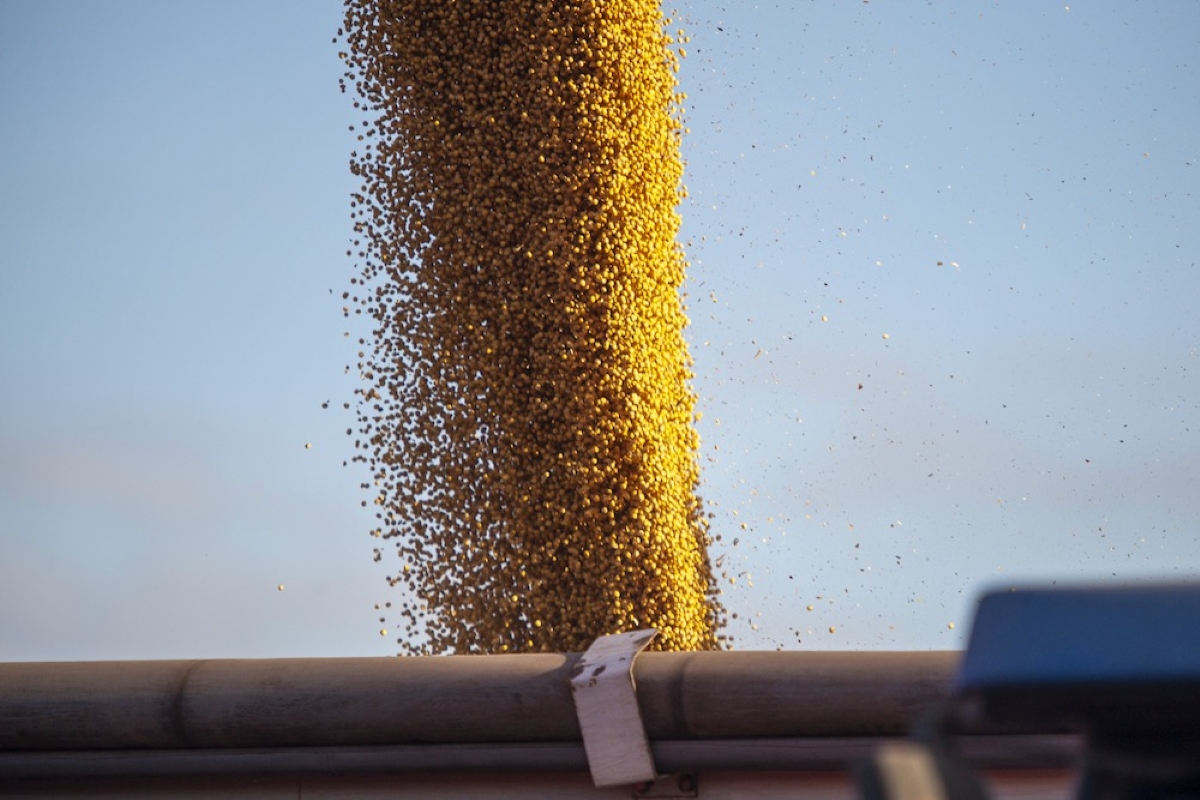Signals and communications workers at Canadian National Railway (CN) are set to end their 17-day strike and return to work Wednesday morning.
CN, in a statement Monday, said the International Brotherhood of Electrical Workers (IBEW) System Council 11, which represents about 750 of the company’s employees across the country, had agreed to take its labour dispute to binding arbitration.
The strike is to end just after midnight ET Tuesday, and affected employees are to return to their jobs starting at 7 a.m. ET Wednesday, CN said.
Read Also

Brazil to reap record soy crop in 2025/2026, increase exports
Brazil’s Conab said the country will reap a record soybean crop of 177.6 million tons in the 2025/2026 harvest year, according to data released on Thursday.
Federal Labour Minister Seamus O’Regan, in a tweet Monday afternoon, thanked federal mediators for helping the company and union reach an agreement to end the strike.
CN, in Monday’s statement, also thanked “management employees and contractors” for working to allow railway operations to “continue uninterrupted” over the past two and a half weeks.
As of Monday afternoon the IBEW hasn’t yet made a statement about the strike ending, but said June 29 its members had been “substituted by replacement (scab) [sic] workers from both Canada and the U.S.”
That move “should concern everyone in our country, as it opens the door for unqualified people operating and maintaining our rail safety across Canada,” IBEW International vice-president Russ Shewchuk said in a June 29 statement.
IBEW members at CN install and maintain signals and trackside equipment, including the warning systems at railroad-highway crossings.
Shewchuk had called CN’s use of substitute workers “another prime example of the importance of federal anti-scab legislation (which would) prevent the employer from using replacement, and likely unqualified, workers.”
After IBEW members went on strike June 18, CN said its “operational contingency plan… allows the company to maintain a normal level of safe rail operations across Canada and serve its customers for as long as required.” The company had also said at the time it was open to binding arbitration if need be.
The most recent strike to halt CN rail service took place in 2019, when the company’s Teamster-led conductors and yard workers went on strike for eight days.
The IBEW’s previous five-year agreement with CN expired at the end of 2021.
After the two sides went to bargaining last fall, the railway “refused the union’s request for a fair and reasonable wage increase over a span of three years,” IBEW System Council 11 chairman Steve Martin said in a statement June 18.
Meanwhile, he said, the IBEW was “compromising on many union issues, and even acquiescing to company demands to increase the amount of interprovincial travel and the time a member spends away from their home and family.” — Glacier FarmMedia Network













